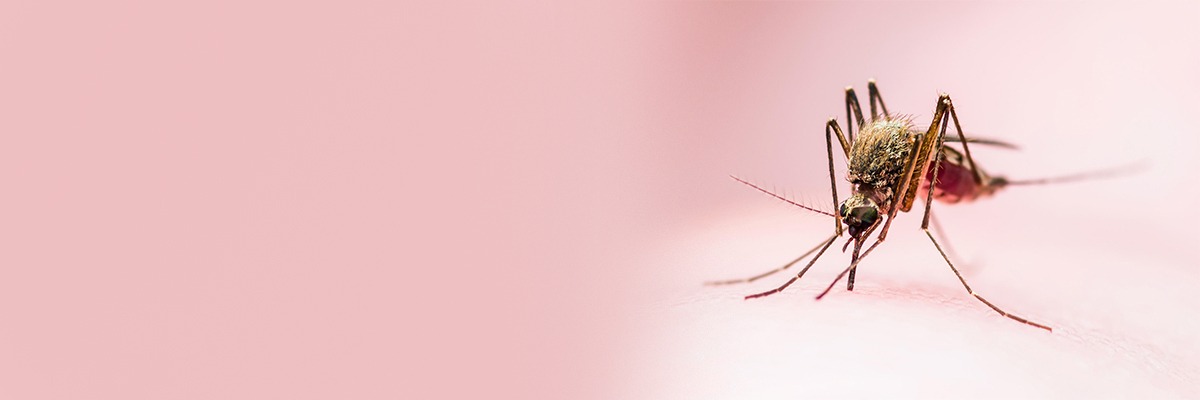
 Mr. Swapnil Bhowmick
Mr. Swapnil Bhowmick
Malaria - Symptoms and Causes | Medtalks
What is Malaria?
Malaria is a sickness that can kill you. The disease is spread by the bite of an infected Anopheles mosquito. The Plasmodium parasite is carried by infected mosquitoes. The parasite is delivered into your circulation when this mosquito bites you. Once inside your body, parasites make their way to your liver, where they mature. The mature parasites enter the bloodstream and begin infecting red blood cells after several days.
The parasites inside the red blood cells grow in 48 to 72 hours, forcing the infected cells to burst open. The parasites continue to infect red blood cells, causing symptoms that come and go in two- to three-day cycles.Malaria is most commonly seen in tropical and subtropical settings, where the parasites can thrive. According to the World Health Organization (WHO), 216 million cases of malaria were reported in 91 countries in 2016.
What causes Malaria?
Malaria can occur if a mosquito infected with the Plasmodium parasite bites you. There are four kinds of malaria parasites that can infect humans:
Plasmodium vivax
P. ovale
P. malariae
P. falciparum
P. falciparum causes a more severe form of the disease and those who contract this form of malaria have a higher risk of death. An infected mother can also pass the disease to her baby at birth. This is known as congenital malaria.
Malaria is transmitted by blood, so it can also be transmitted through:
an organ transplant
a transfusion
use of shared needles or syringes
What are the Symptoms of Malaria?
Malaria symptoms usually appear 10 days to 4 weeks after the infection has occurred. Symptoms may not appear for several months in some circumstances. Malaria parasites can enter the body, but they will remain latent for a long time.
Malaria can cause the following symptoms:
high fever
intense perspiration
nausea
vomiting
stomach discomfort
shaking chills that can range from mild to severe.
diarrhea
anemia
muscle soreness
convulsions
Diagnosis of Malaria
Your doctor will be able to diagnose malaria. During your appointment, your doctor will review your health history, including any recent travel to tropical climates. A physical exam will also be performed.Your doctor will be able to determine if you have an enlarged spleen or liver. If you have symptoms of malaria, your doctor may order additional blood tests to confirm your diagnosis.
These tests will show:
whether you have malaria
what type of malaria you have
if your infection is caused by a parasite that’s resistant to certain types of drugs
if the disease has caused anemia
if the disease has affected your vital organs
Malaria's Life-Threatening Consequences
Malaria can lead to a variety of potentially fatal consequences. The following scenarios are possible:
an accumulation of fluid in the lungs that causes breathing difficulty
pulmonary edema organ failure of the kidneys, liver, or spleen anemia caused by red blood cell destruction
a low blood sugar level
What is the Treatment for Malaria?
Malaria can be fatal, especially if you're infected with the parasite Plasmodium falciparum. In most cases, the condition is treated in a hospital setting. Medications will be prescribed by your doctor based on the type of parasite you have.Because parasite resistance to medications exists in some cases, the medication provided may not be enough to clear the illness. If this happens, your doctor may need to treat your problem with more than one medicine or change medications entirely.
Furthermore, some malaria parasites, such as P. vivax and P. ovale, have liver stages in which the parasite can persist in your body for a long time and then reactivate at a later time, causing a relapse of the infection.If one of these types of malaria parasites is discovered, you will be given a second treatment to prevent future relapse.
Malaria Prevention Tips
Malaria is not preventable with a vaccination. If you're planning a trip to an area where malaria is frequent, or if you live in one, talk to your doctor. You may be given medicine to help you avoid contracting the sickness.These are the same pills that are used to treat the disease, and they should be taken before, during, and after your trip.If you reside in a location where malaria is frequent, talk to your doctor about long-term prophylaxis. Being bitten by an infected mosquito can be avoided by sleeping under a mosquito net. Using mosquito sprays containing DEET (N, N-Diethyl-meta-toluamide) or covering your skin may also help avoid infection.

Mr. Swapnil Bhowmick
A motivated student of Medicine & Surgery (MBBS) at R. G. Kar Medical College & Hospital, Kolkata, having a knack for reading and composing medical literature. When he's not writing content for MEDtalks, Swapnil is usually looking up the latest trends and innovations in Medicine.





















Please login to comment on this article